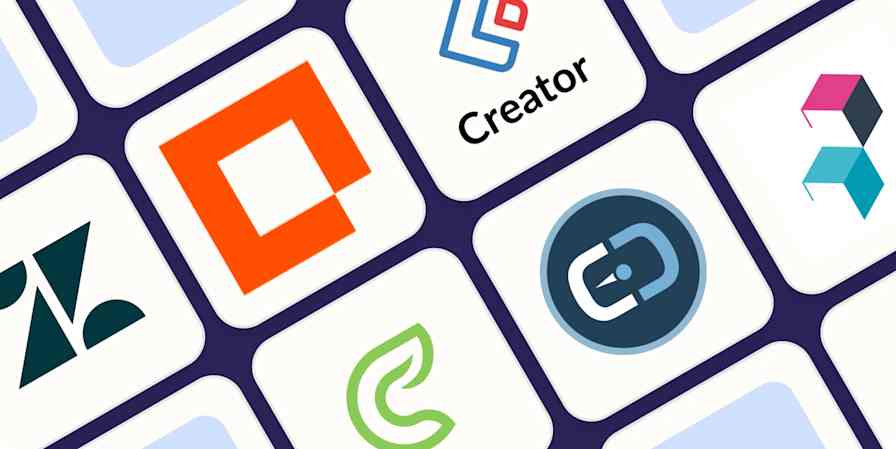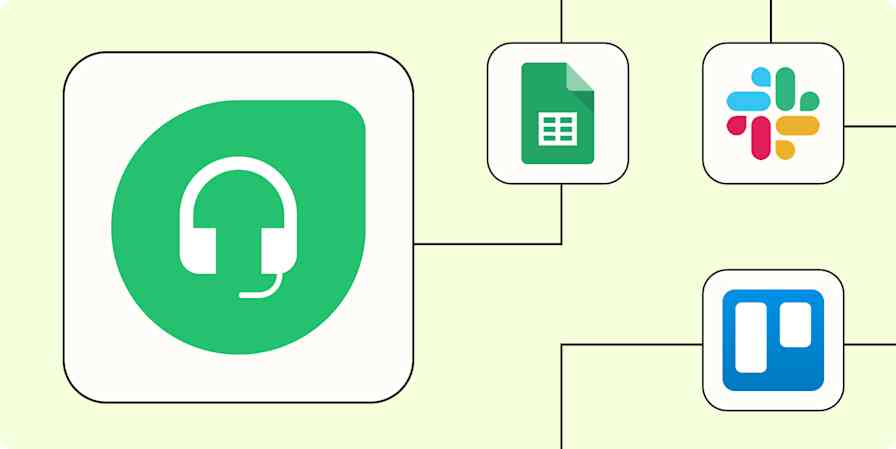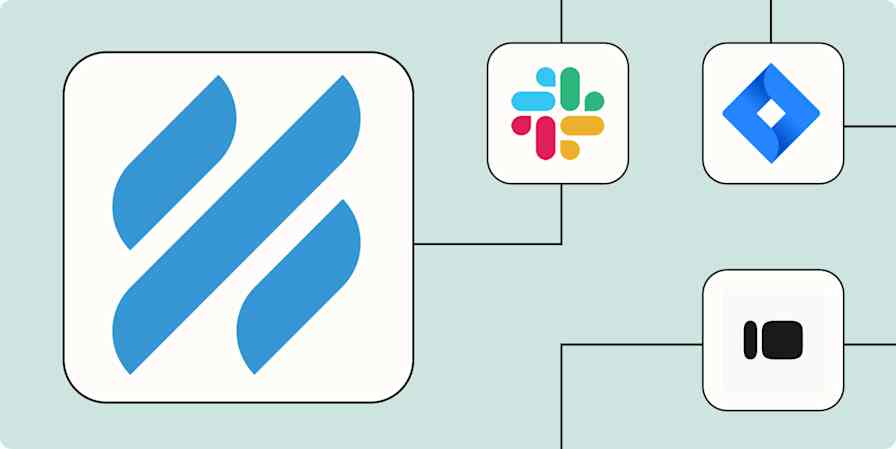Automation inspiration
5 min read7 ways to automate Intercom with Zapier
Take your customer service to the next level
By Daniel Kenitz · December 20, 2024

Get productivity tips delivered straight to your inbox
We’ll email you 1-3 times per week—and never share your information.
mentioned apps
Related articles
Improve your productivity automatically. Use Zapier to get your apps working together.








